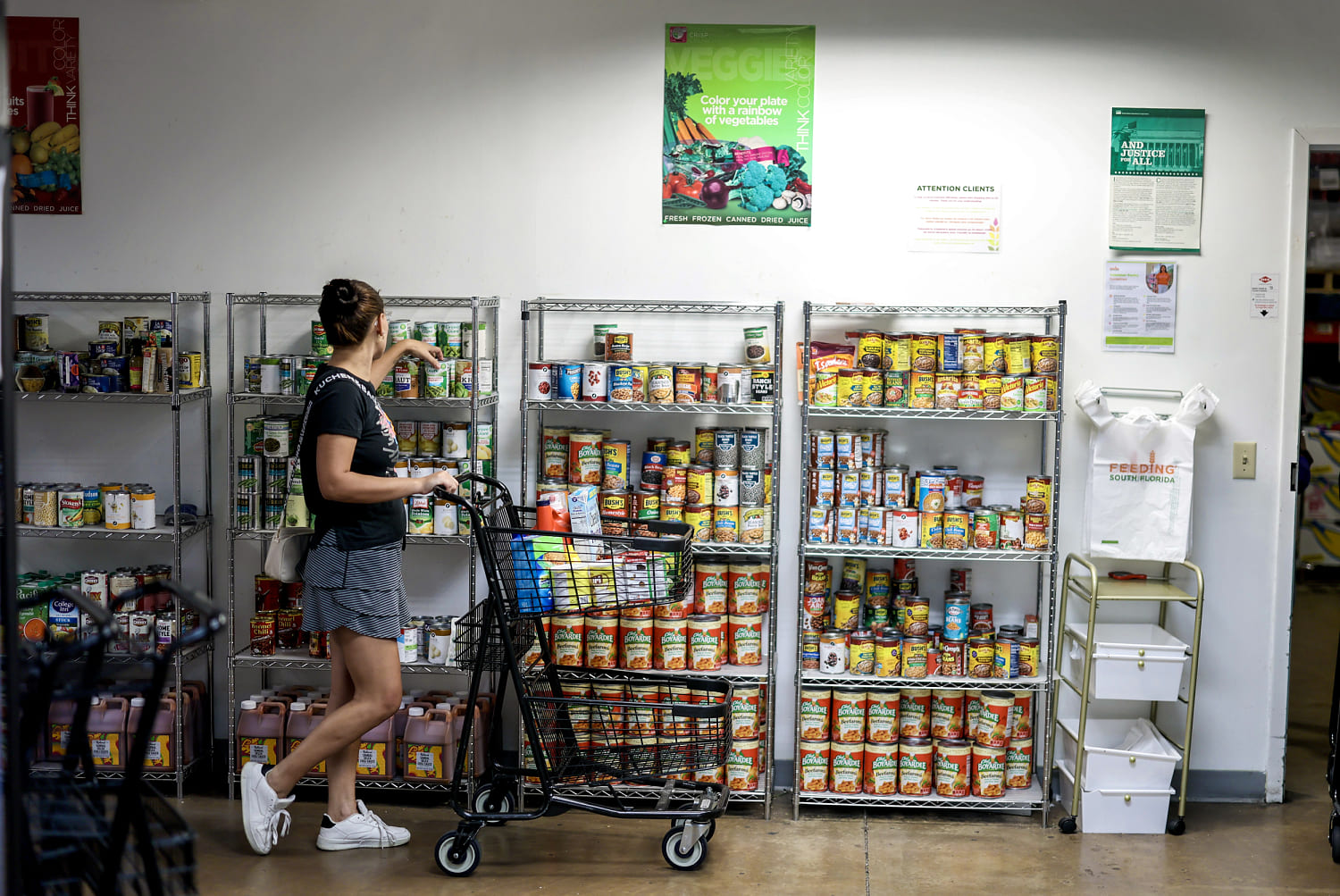
A Rhode Island federal judge on Friday ordered the U.S. Department of Agriculture to distribute money owed to recipients of the Supplemental Nutrition Assistance Program “as soon as possible,” just one day before funding for SNAP was set to lapse.
U.S District Judge John McConnell’s ruling from the bench came shortly after another federal judge in a separate case said that the Trump administration’s plan not to pay out SNAP benefits beginning on Nov. 1 due to the ongoing shutdown was “unlawful” but stopped short of ordering the Trump administration to disperse funds.
Ruling in favor of a group of cities and community organizations that sued over the cuts, McConnell said that the USDA must fund SNAP on Saturday using money in a contingency fund. But, he added that if the department finds that the money in the contingency fund is insufficient, then the agency must use other funding sources to make those payments.
“There is no doubt that the six billion dollars in contingency funds are appropriated funds that are without a doubt necessary to carry out the program’s operation,” McConnell said in his oral ruling. “The shutdown of the government through funding doesn’t do away with SNAP. It just does away with the funding of it. There could be no greater necessity than the prohibition across the board of funds for the program’s operations.”
McConnell added, “there is no doubt, and it is beyond argument, that irreparable harm will begin to occur if it hasn’t already occurred in the terror it has caused some people about the availability of funding for food for their family.”
McConnell addressed the Trump administration’s argument that contingency funds might be needed for other reasons in the near future, like in the aftermath of a hypothetical hurricane.
“It’s clear that when compared to the millions of people that will go without funds for food versus the agency’s desire not to use contingency funds in case there’s a hurricane need, the balances of those equities clearly goes on the side of ensuring that people are fed,” the federal judge said.
NBC News reached out to the White House, the U.S. Office of Management and Budget and USDA for comment.
In a separate ruling, a federal judge in Boston said Friday she wants further briefings before deciding if the Agriculture Department has to use emergency funds to continue SNAP benefits for millions of Americans after Democratic leaders sued the agency.
“Plaintiffs have standing to bring this action and are likely to succeed on their claim that Defendants’ suspension of SNAP benefits is unlawful, Judge Indira Talwani wrote in her finding.
“Where that suspension of benefits rested on an erroneous construction of the relevant statutory provisions, the court will allow Defendants to consider whether they will authorize at least reduced SNAP benefits for November, and report back to the court no later than Monday, November 3, 2025,” she wrote.
Talwani, of the U.S. District Court for the District of Massachusetts, said Thursday the government can’t simply suspend benefits because it can’t afford to cover the program.
Talwani said she wants to hear back from the administration no later than Monday, November 3, 2025.
On Tuesday, the attorneys general of 22 states and the District of Columbia, as well as the governors of Kansas, Kentucky and Pennsylvania, sued the U.S. Department of Agriculture, arguing that it is legally required to continue providing SNAP benefits during the government shutdown, as long as the USDA has the funding. They asked the judge to compel the agency to use contingency funds appropriated by Congress.
The lawsuit sought a temporary restraining order that would require the agency to deliver SNAP benefits through November in their states.
The USDA had said in a message posted on its website that benefits won’t be issued on EBT cards as expected on Nov. 1. Up to 42 million Americans rely on the program.



